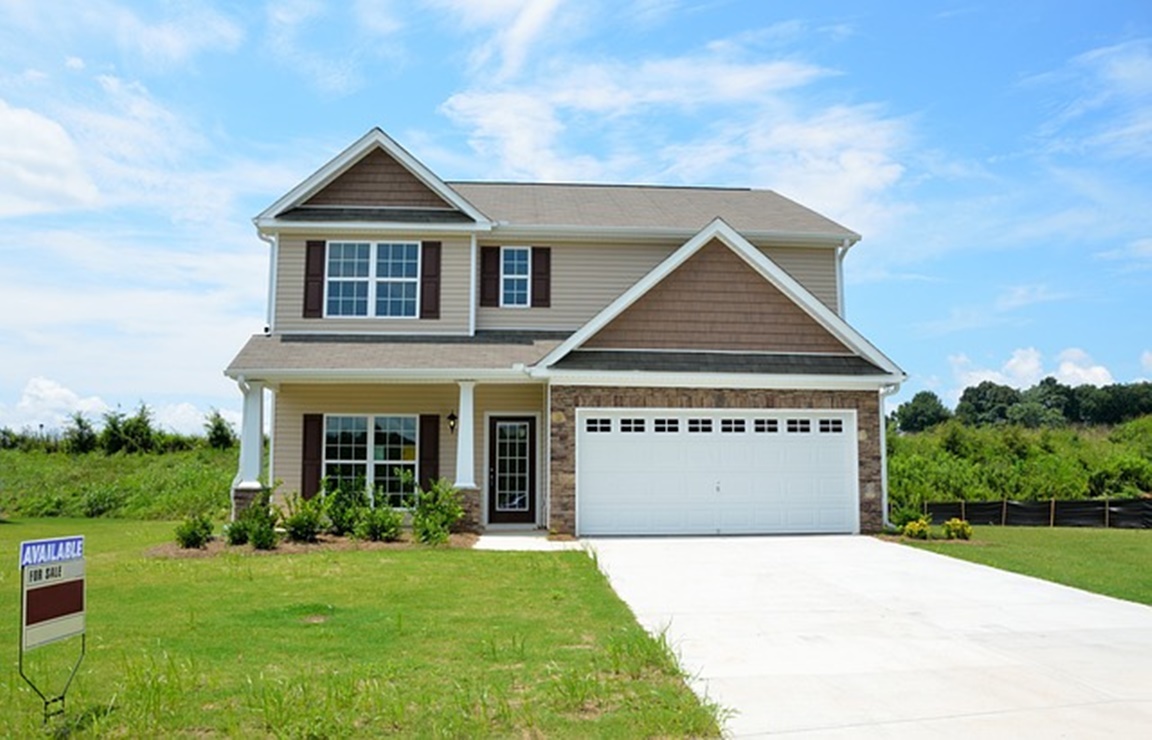Issues frequently occur with newly constructed properties, and it is customary to create a catalogue of minor flaws that require attention upon moving into your fresh abode. Yet, what course of action should be taken when the complications are of a more severe nature?
When transitioning into a new home, it is common to encounter several minor problems that require fixing. However, certain homebuyers may experience more significant and enduring challenges.
BUYERS’ RIGHTS
Newly constructed homes typically come with several warranties. One notable warranty is a ten-year coverage for structural problems, while the developer also provides a shorter warranty (usually around two years) for fixtures and fittings.
Residential property constructions are typically governed by the Consumer Code for Home Builders, which outlines a set of guidelines that builders must comply with. If you are contemplating the purchase of a new home, it is essential to verify that the builder is enrolled in a warranty program that aligns with the Code, such as the National House Building Council, Premier Guarantee, or LABC Warranty. This ensures that your investment is protected and meets the necessary standards.
Transitioning to a Newly Constructed Residence
Prior to finalizing your purchase, it is highly advisable to arrange for a snagging survey conducted by a qualified property litigation lawyer or a professional surveyor. In certain circumstances, builders may be reluctant to authorize this survey before the completion of the project. In such cases, it is recommended to schedule the survey as soon as you move into the property. The surveyor or property litigation lawyer will meticulously examine the property’s structure and overall finish, including elements such as plastering, tiling, and brickwork. Additionally, they will assess the functionality of doors and windows, ensuring that they fit and close properly. This thorough inspection will help identify any potential issues or defects that may require attention or remediation.
If you have already conducted the survey prior to completion, your lawyer will provide a copy to the builder’s lawyer in order to address any issues before you relocate.
After settling into your new place, it is important to create a thorough checklist of any unresolved matters that require attention. Promptly share this list with the builder and request their prompt resolution. Engaging them while they are still on-site managing other projects will facilitate the scheduling of workers, as opposed to waiting until they have completed their current tasks elsewhere.
Moreover, it is advisable for them to prioritize the satisfaction of their buyers during the ongoing construction phase and property sales.
If Issues Remain Unresolved
If the builder fails to address your complaints and you have completed their complaints procedure without resolution, you have the option to escalate the matter to an impartial dispute resolution service. It’s crucial to note that There is a specific timeframe within which you must do this, which is twelve months from the date you received the builder’s final response to your initial complaint.
In order for an adjudicator to assess your case, they will evaluate written submissions from both you and the developer. It is necessary for you to present supporting evidence that demonstrates a violation of the Consumer Code for Home Builders, along with proof of the financial damages you have incurred.
The person responsible for making a decision in a legal matter has the authority to issue a decision that must be followed by law and can provide you with financial compensation. In addition to being recognized for engaging in improper behaviour, you may also be granted a moderate amount of money as compensation for any inconvenience caused.

